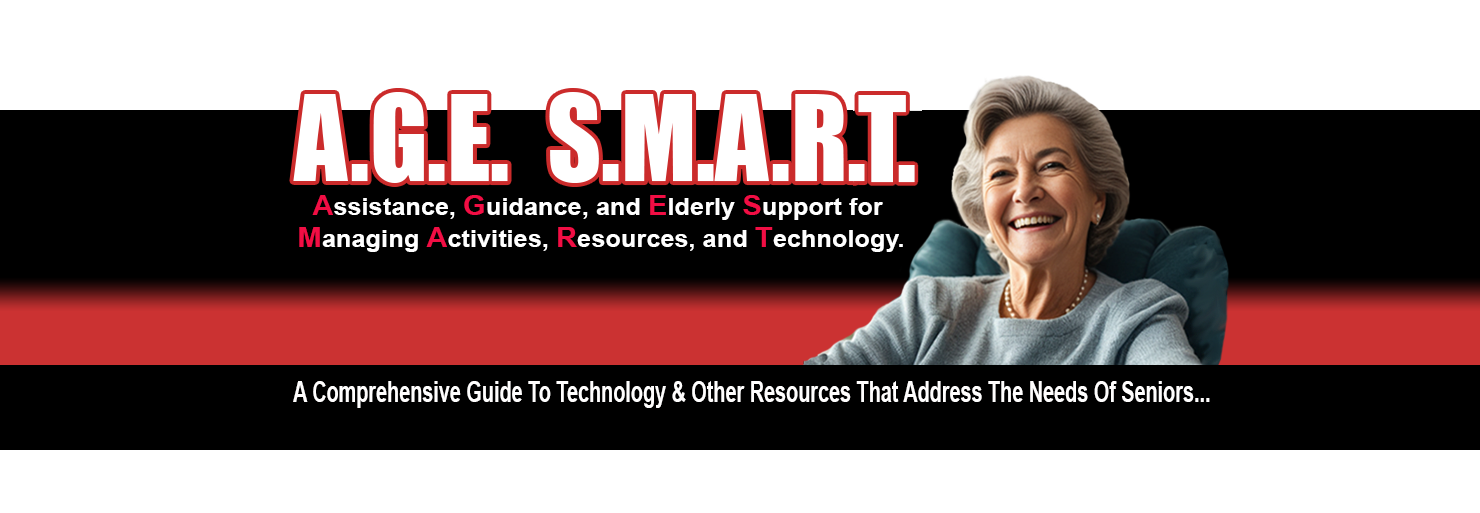
COPD
COPD Foundation: https://www.copdfoundation.org/
Chronic Obstructive Pulmonary Disease (COPD) is a progressive lung that affects millions of people worldwide, particularly. COPD encompasses a group of lung conditions, including chronic bronchitis and emphysema, that make it to breathe. Symptoms of COPD include coughing, wheezing, shortness of breath and tightness in the chest. As the disease worsens over time, seniors may experience limitations in their physical activity levels and overall quality of life.
The primary cause of COPD is cigarette smoking, with up to 90% of cases attributed to tobacco smoke. Other factors that can contribute to COPD include exposure to air pollution, occupational toxins, genetic predisposition, and respiratory infections. Seniors who have a history of smoking or have been exposed to harmful pollutants are at an increased risk of developing COPD.
 Seniors with COPD may find it challenging to engage in physical activities that require exertion, such as walking, climbing stairs, or even doing household chores. The reduced lung function caused by COPD can lead to fatigue, shortness of breath, and a decreased tolerance for exercise. This can result in a sedentary lifestyle, which can further exacerbate the symptoms of COPD and decrease overall physical fitness.
Seniors with COPD may find it challenging to engage in physical activities that require exertion, such as walking, climbing stairs, or even doing household chores. The reduced lung function caused by COPD can lead to fatigue, shortness of breath, and a decreased tolerance for exercise. This can result in a sedentary lifestyle, which can further exacerbate the symptoms of COPD and decrease overall physical fitness.
Preventive measures can be taken to reduce the risk of developing COPD and to manage the condition effectively. The most important step is to quit smoking and avoid exposure to secondhand smoke and other lung irritants. Seniors with COPD should also prioritize regular exercise to improve lung function, strengthen respiratory muscles, and enhance cardiovascular health. Additionally, maintaining a healthy diet, staying hydrated, and getting regular medical check-ups can help manage COPD symptoms and prevent exacerbations.
Seniors with COPD can take proactive steps to manage their condition and improve their respiratory health. Here are some practical tips and expert advice to help seniors with COPD:
1. Use prescribed medications as directed by a healthcare provider to control symptoms and reduce inflammation in the airways.
2. Practice deep breathing exercises, pursed lip breathing, and techniques to clear mucus from the lungs.
3. Avoid triggers like dust, mold, pet dander, and pollen that can worsen COPD symptoms.
4. Stay physically active with activities like walking, swimming, cycling, and gentle yoga to improve lung function and overall fitness.
5. Join a pulmonary rehabilitation program or support group to learn coping strategies and connect with others who have COPD.
6. Keep track of symptoms, medications, and doctor's appointments in a health journal to monitor progress and communicate effectively with healthcare providers.
By taking proactive steps to manage COPD and prioritize lung health, seniors can improve their quality of life and maintain their independence as they age. It is important for seniors with COPD to seek support from healthcare providers, caregivers, and loved ones to navigate the challenges of living with a chronic lung condition. With the right tools, knowledge, and support, seniors can empower themselves to take control of their respiratory health and live a fulfilling life despite COPD.